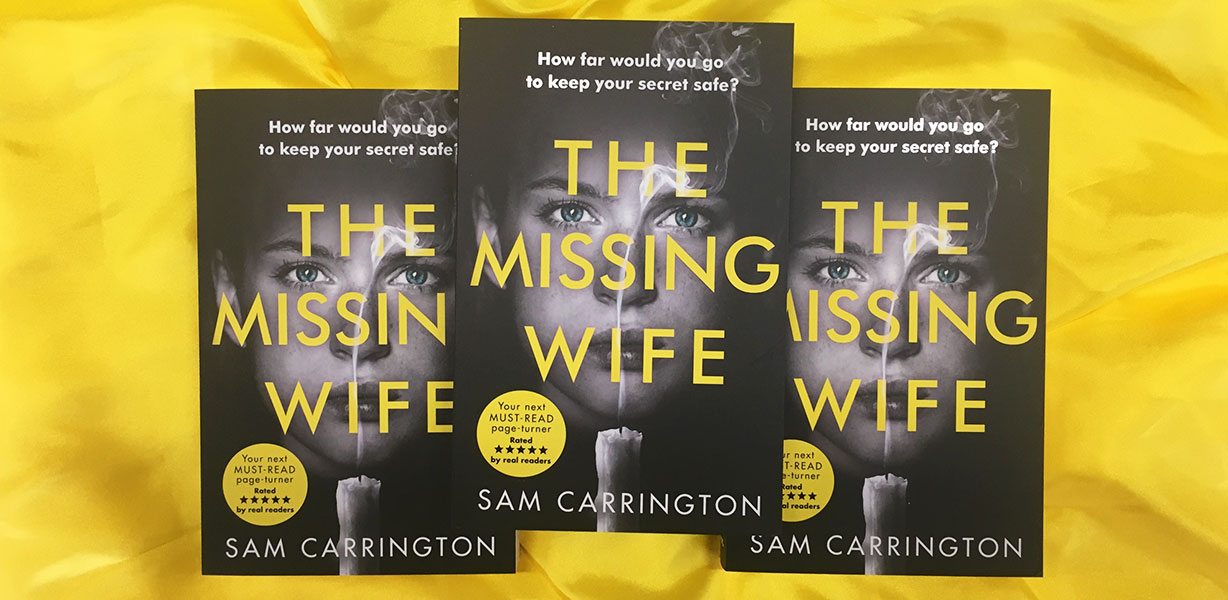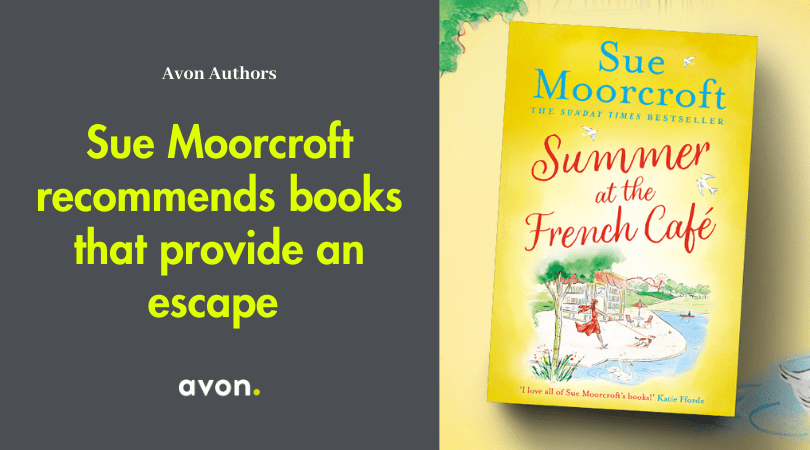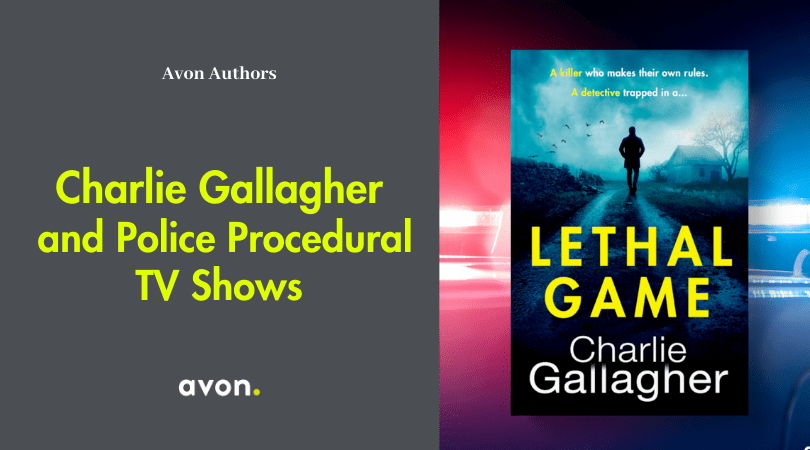Using Real-Life Experiences in My Novels
The Missing Wife is my fourth psychological suspense novel and as its publication day fast approaches I’ve been thinking about what ‘goes in’ to my novels: where the ideas come from, how the characters are developed, how I choose their traits and back stories, what experiences I put them through – and, ultimately, how much of what I write comes from real-life: real people, real experiences.
What’s the balance between fiction and fact? IS there such a thing as pure fiction?
Don’t all writers draw on their own lived experiences, as well as that of others, when they pen their 90,000-word pieces of ‘fiction’?
In The Missing Wife, Louisa is a sleep-deprived mum with a new baby and has a teenager to cope with. And she’s about to hit the big 4 – 0! Having a baby at almost forty isn’t something I personally know about as I’d had all of mine under the age of twenty-seven. But I do know about sleep deprivation and the effects of it – I remember that very well! Therefore, for that aspect of the story I was able to draw on some of my own experience.
At the start of The Missing Wife we quickly learn that Louisa is struggling with exhaustion but there’s also a hint of something else underlying her current state. Physically and emotionally she is not in a good place. Another aspect which I ‘borrowed’ from my own experience was that of being thrown a surprise fortieth party during a particularly difficult time.
I was off work with stress, my mum was in intensive care and I was sharing the care of my chronically ill dad with my sister. Every day was split between hospital visits and caring for dad. I was exhausted and low and the last thing I cared about was celebrating a milestone birthday. But my husband sprung the surprise party on me anyway and I was faced with a roomful of people just as Louisa was.
The good thing about my party was that the guests were my good friends and family. People I knew well and loved, and who knew me and what I was going through. It was still a bit overwhelming and at the start of the evening I felt like a rabbit caught in headlights. But in the end, I found myself enjoying it and was grateful for the love and support. For Louisa’s story I chose to make it much more challenging!
Imagine being emotionally unstable and then being put in a situation where you’re greeted with a room filled with people you barely know: your list of Facebook friends who are mere acquaintances or people you haven’t seen for twenty years – then add in the ex-boyfriend from college and there’s a really stressful situation!
One which has shocking consequences for poor Louisa…
In terms of characters, I have often given them traits of people I know. Sometimes this has been purposeful and here I would only take a single trait from one particular individual. Or that’s my intention!
There have been times when I’ve re-read a passage of my current work-in-progress and the realisation I’ve unconsciously included more than I intended has hit me. I believe it makes a more-rounded character if I attach real-life traits and experiences to them, but it really is a careful balancing act and something to be aware of when I’m doing a final read-through before the book publishes so that my friends don’t start questioning: is that ME?



